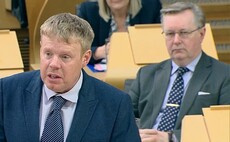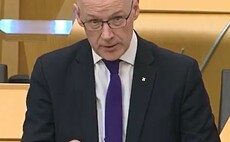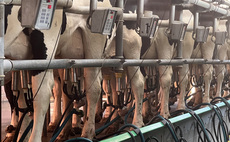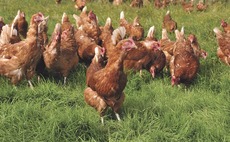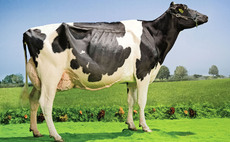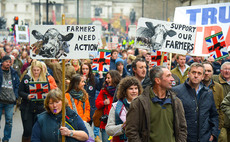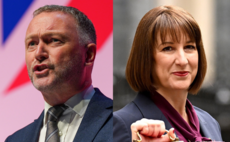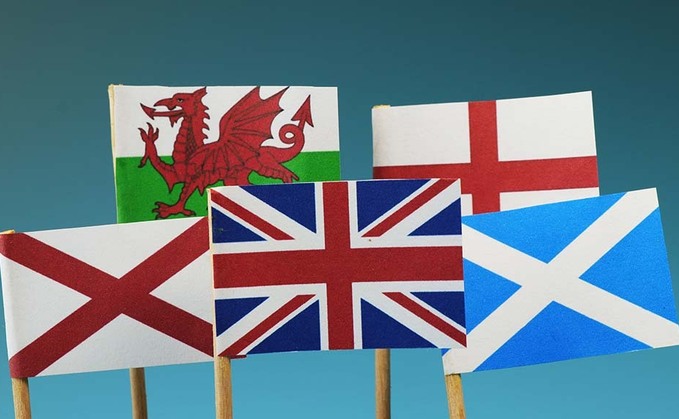
The row over establishing an internal market within the UK can only become more intense as the end of the EU withdrawal transition period looms large with constitutional implications going far beyond farming.
At issue is the complex matter of whether common frameworks or mutual recognition will apply.
Common frameworks would mean Scotland and Wales would be allowed to develop their own agricultural policies with the proviso these would not hinder trade within the UK. These frameworks have been under discussion since 2017.
Mutual recognition on the other hand has been proposed during this government and would see the UK Government deciding on standards which each country would have to accept.
NFU Scotland has pointed out the pitfalls of such an approach and the SNP government sees mutual recognition as a ‘power grab' by Westminster.
The UK internal market has great importance to Scotland, with the value of trade in the internal market four times higher than with the EU.
With only 20 weeks to go before the EU Withdrawal Transition period ends on December 31, the Government is in the process of producing a White Paper on the internal market.
Determination
Responding to the consultation NFU Scotland has tread a fine line, stressing its determination to ensure the UK internal market continues to operate as it does now under EU rules with free movement of goods and services produced to the same basic regulatory standards.
However, it has emphasised agricultural support policies must be able to diverge where necessary, concluding the original plan of agreeing common framework would be the best solution.
NFUS president Andrew McCornick said the proposal on mutual recognition could render the potential common frameworks meaningless.
"Common frameworks can manage the practical regulatory and market implications of the UK leaving the EU and is the specific tool that was jointly designed by the UK Government and devolved administrations," he said.
He added the proposals limited the devolved administrations' ability to act if standards were lowered and give the UK Government the final say in areas of devolved policy.
Farmers Union of Wales head of policy Dr Nick Fenwick said: "We are extremely concerned at the suggestion that rules could simply be dictated by London, rather than there being a means by which to reach agreement between UK Governments.
Dr Fenwick said such a move could undermine devolution and disadvantage Welsh farmers.
Government View
In his introduction to the UK Internal Market White Paper, Alok Sharma, Secretary of State for Business, Energy and Industrial Strategy, highlighted increasing differences between rules and standards applied by different governments in the UK's four nations after Brexit could cause market distortion, discrimination and unfair competition for businesses in a way not seen for hundreds of years.
Northern Ireland
Northern Ireland will be subject to the Northern Ireland Protocol as agreed in the EU withdrawal deal, meaning the EU will have oversight of regulations aligning it with the single market.
NFUS and others were concerned the UK Government's commitment to unfettered access to the GB market for NI businesses could result in a backdoor entry for the EU into the UK if the principle of mutual recognition is extended to the entire UK market.













